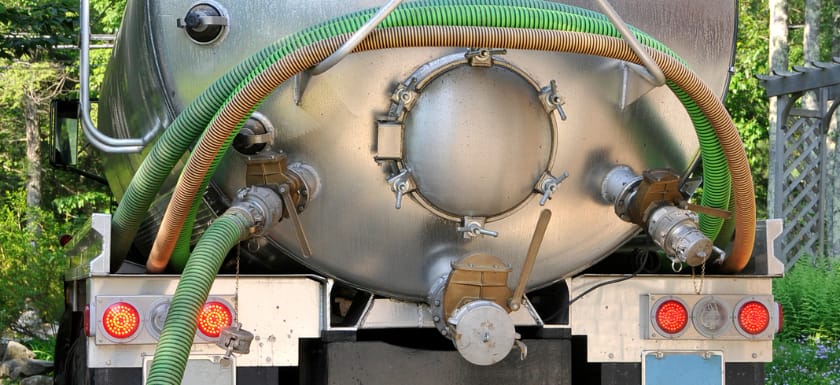Septic systems are the unsung heroes of rural and suburban living, quietly managing household waste without much fanfare. Yet, despite their critical role in sanitation, many people remain unfamiliar with how they work and the importance of regular maintenance. In this guide, we’ll delve into the basics of septic systems, demystify their inner workings, and highlight why proper maintenance is crucial for their longevity and effectiveness.
At its core, a septic system is an underground wastewater treatment structure, commonly used in areas where centralized sewage treatment facilities are not available. It consists of three main components:
Septic Tank:
This buried, watertight container receives all the wastewater from your household. Inside, solid waste settles to the bottom forming sludge, while lighter materials like oil and grease float to the top as scum. Bacteria in the tank break down organic matter, partially treating the sewage.
Drainfield (or Leachfield):
After the wastewater is partially treated in the septic tank, it flows into the drainfield through perforated pipes buried in gravel-filled trenches. Here, soil microorganisms further treat the wastewater as it percolates through the soil, ultimately returning clean water to the groundwater system.
Soil:
The soil beneath the drainfield acts as a natural filter, removing harmful bacteria, viruses, and nutrients from the wastewater before it reaches groundwater sources.
The Importance of Regular Maintenance:
While septic systems are designed to function efficiently for many years, they require regular maintenance to operate effectively and avoid costly problems. Here’s why maintenance is crucial:
- Prevents System Failure: Neglected septic systems are prone to clogging, backups, and even complete failure, leading to sewage backups in the home, foul odors, and potential health hazards. Regular maintenance helps prevent these issues by ensuring proper functioning and early detection of any problems.
- Protects the Environment and Public Health: A malfunctioning septic system can contaminate nearby groundwater and surface water with harmful bacteria, pathogens, and nutrients, posing risks to human health and the environment. Proper maintenance reduces these risks by ensuring that the system treats wastewater effectively and doesn’t cause pollution.
- Extends System Lifespan: Regular pumping and inspections can significantly extend the lifespan of a septic system. By removing accumulated solids from the tank and identifying potential issues early on, maintenance helps prevent premature system failure and costly repairs or replacements.
- Saves Money in the Long Run: Investing in routine septic system maintenance may seem like an added expense, but it can actually save you money in the long run. By avoiding major repairs or replacements and preventing property damage from sewage backups, maintenance pays for itself by preserving the value and functionality of your home’s wastewater treatment system.
Septic systems play a vital role in managing household wastewater in areas without access to centralized sewage treatment facilities. Understanding how they work and the importance of regular maintenance is essential for homeowners to ensure the longevity, efficiency, and effectiveness of their septic systems. By investing in routine maintenance, homeowners can protect their health, safeguard the environment, and save money in the long run. So, next time you flush, remember to give a nod of appreciation to your trusty septic system working diligently beneath your feet.
